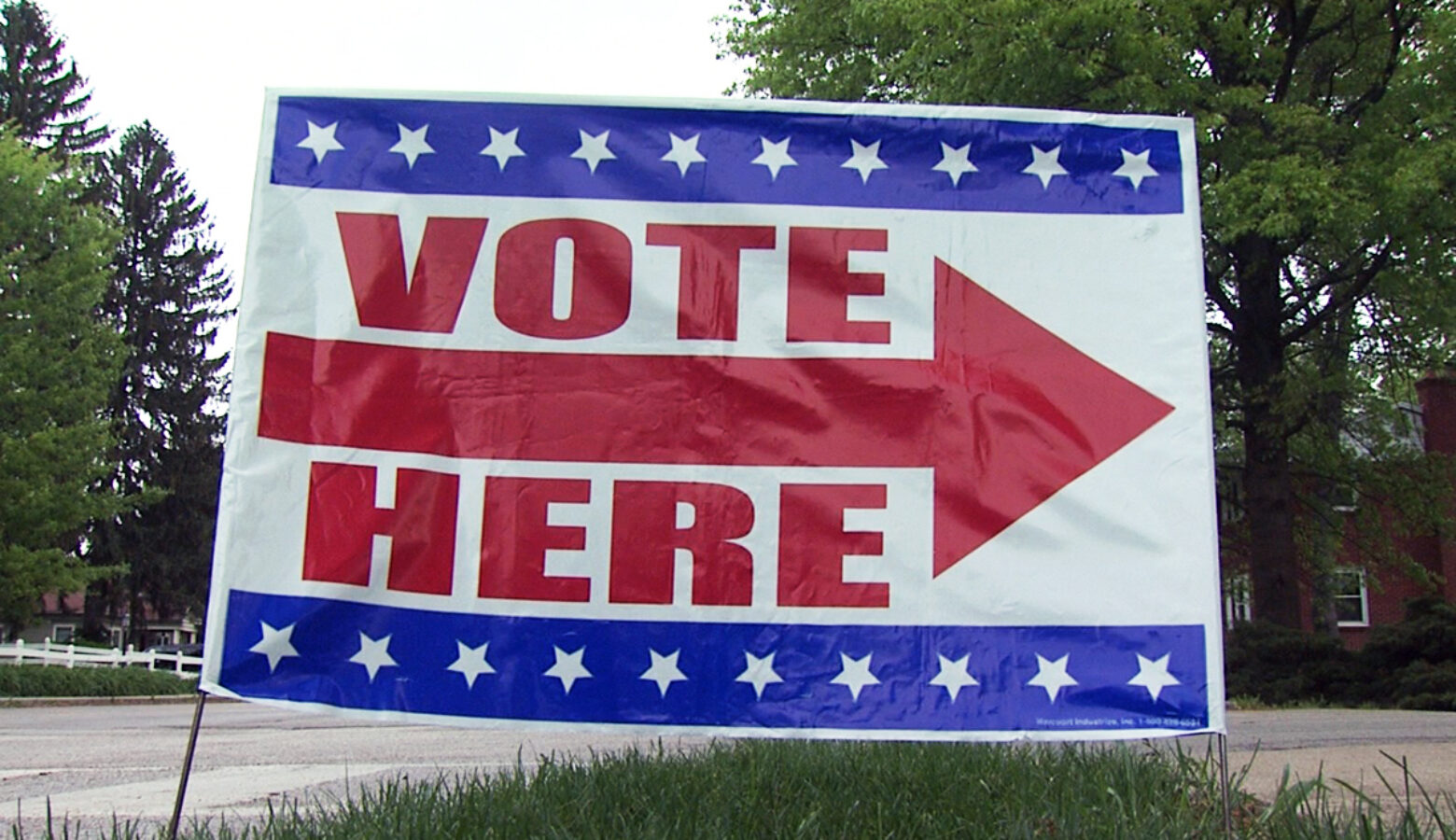School board candidates forced to declare a political party under bill in Senate committee

Local school board candidates would be forced to declare a political party on the ballot under legislation, SB 188, that got a hearing – but not a vote – in a Senate committee Monday.
While most of the people who testified opposed the bill, a small handful said it’s needed. Sarah Sampson is a Republican who lost her school board election last year in Zionsville, Indiana. She said requiring partisan labels promotes transparency.
“And just because I, as a candidate, would say who I am would bring politics into the schools is actually another … scare tactic,” Sampson said.
Greg Brown ran with a slate of conservative school board candidates in Carmel, Indiana in 2022. He won his race; his fellow Republicans did not.
“Transparency, getting this information out early, is vitally important for school boards,” Brown said.
READ MORE: Conservative school board candidates feared indoctrination. What’s next for Carmel?
Bob Savage has been an elected school board member for nearly four decades in Elwood, Indiana. He said forcing partisan labels wouldn’t create transparency. Instead, it would be a “cloak of invisibility.”
“By boiling down a person’s life experiences, their role within their community, to a single label of a political party, a wall is built – like walls are built by most labels – and leads the voter to or away from a candidate for reasons that are not important to the community,” Savage said.
Chris Lagoni said requiring partisan labels creates another problem – finding quality candidates. Lagoni represents the Indiana Small and Rural Schools Association.
“Some of our rural areas have very few candidates,” Lagoni said. “There’s many positions that are sometimes unfilled. People retire from the board and we can’t find people to run.”
Join the conversation and sign up for the Indiana Two-Way. Text “Indiana” to 73224. Your comments and questions in response to our weekly text help us find the answers you need on statewide issues throughout the legislative session. And follow along with our bill tracker.
It’s unclear whether the Senate bill will get a vote in committee this session. Senate Elections Committee Chair Jon Ford (R-Terre Haute) indicated some committee members have concerns with the measure and that changes could be coming.
Asked for an example of such a change, Ford suggested the bill could allow counties to have ballot referendums to decide whether local school board races should be partisan.
A similar bill received a hearing in a House committee last year, but never came up for a vote.
Brandon is our Statehouse bureau chief. Contact him at bsmith@ipbs.org or follow him on Twitter at @brandonjsmith5.
